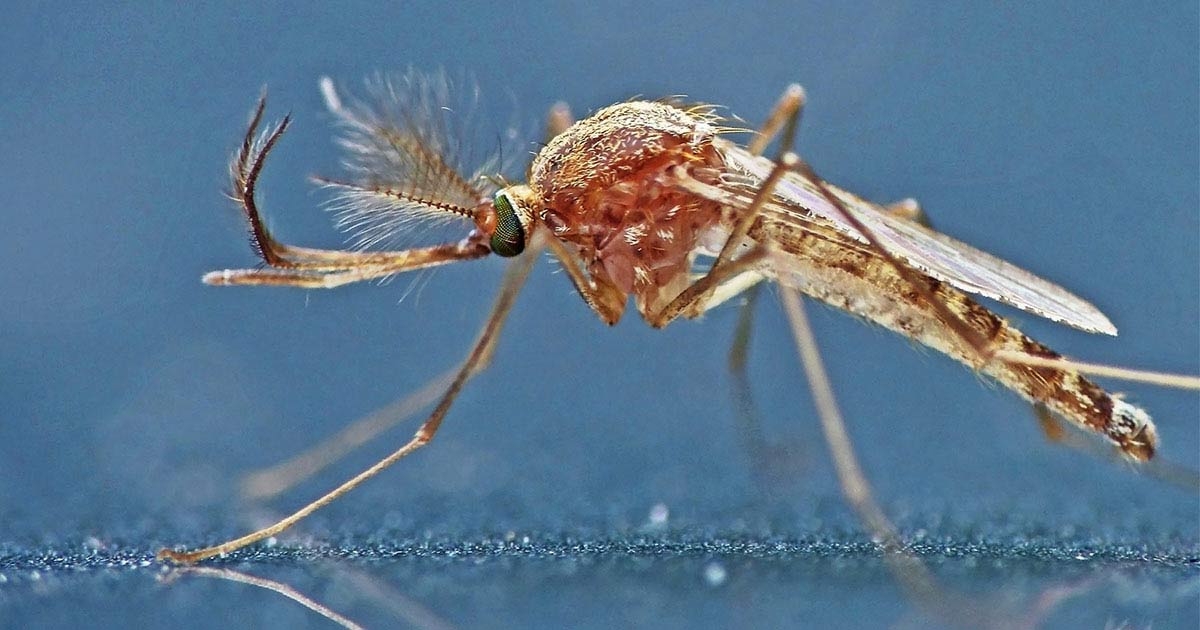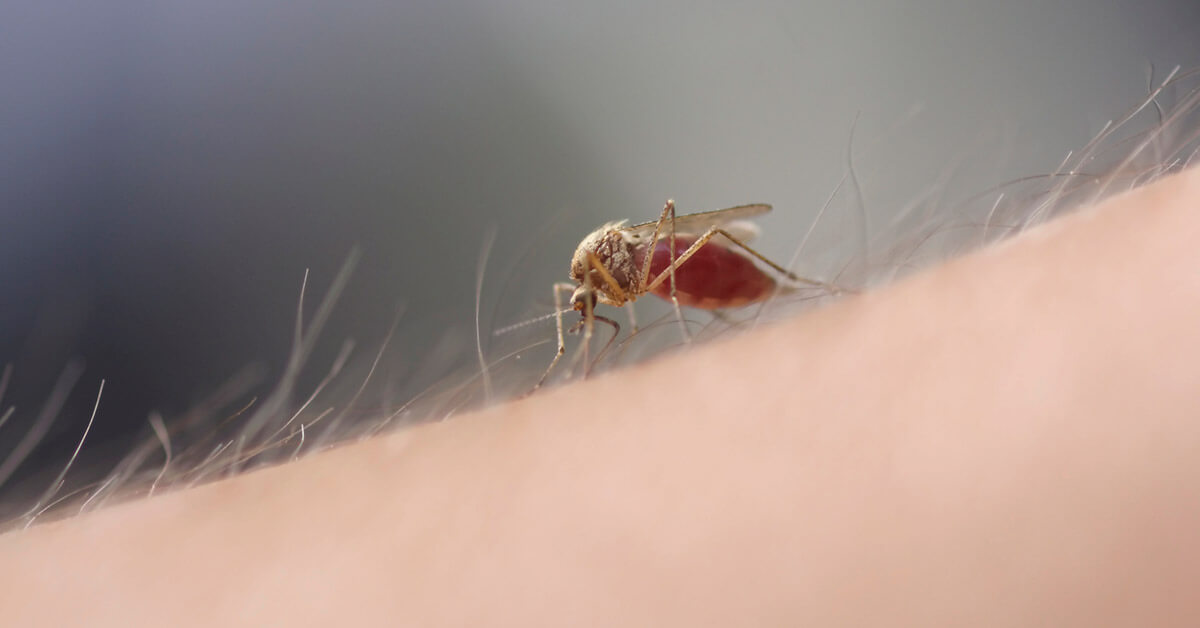Preventing West Nile Virus Around Your Home
When West Nile virus (WNV) was introduced into the American Northeast in 1999, many experts believed it wouldn't survive the region's winters. But, despite its African origins, the mosquito-borne virus quickly proved them wrong. The nationwide outbreak that followed lasted from 1999 until 2010.1
Now well-established throughout the contiguous United States, West Nile virus overwinters and re-emerges every mosquito season. Understanding the status of this potentially fatal virus in 2018 can help you protect against West Nile's threat.
WHERE WEST NILE VIRUS HAS BEEN CONFIRMED IN THE U.S. IN 2018
As of September 4, 2018, the Centers for Disease Control and Prevention (CDC) report that West Nile virus has been confirmed in mosquitoes, birds, animals, or people in 45 states and the District of Columbia this year.2 Human cases for the year total 559, with 453 of those cases reported between August 7 and September 4, 2018.3
2018's confirmed human U.S. cases have occurred in the District of Columbia and the following 37 states: Alabama, Arizona, California, Colorado, Delaware, Florida, Georgia, Idaho, Illinois, Indiana, Iowa, Kansas, Kentucky, Louisiana, Maryland, Michigan, Minnesota, Mississippi, Missouri, Montana, Nebraska, Nevada, New Jersey, New York, North Carolina, North Dakota, Ohio, Oklahoma, Oregon, Pennsylvania, South Carolina, South Dakota, Tennessee, Texas, Utah, Virginia, and Wisconsin.3
North Dakota's 74 confirmed human infections top the list. South Dakota and Nebraska follow with 57 cases each.3
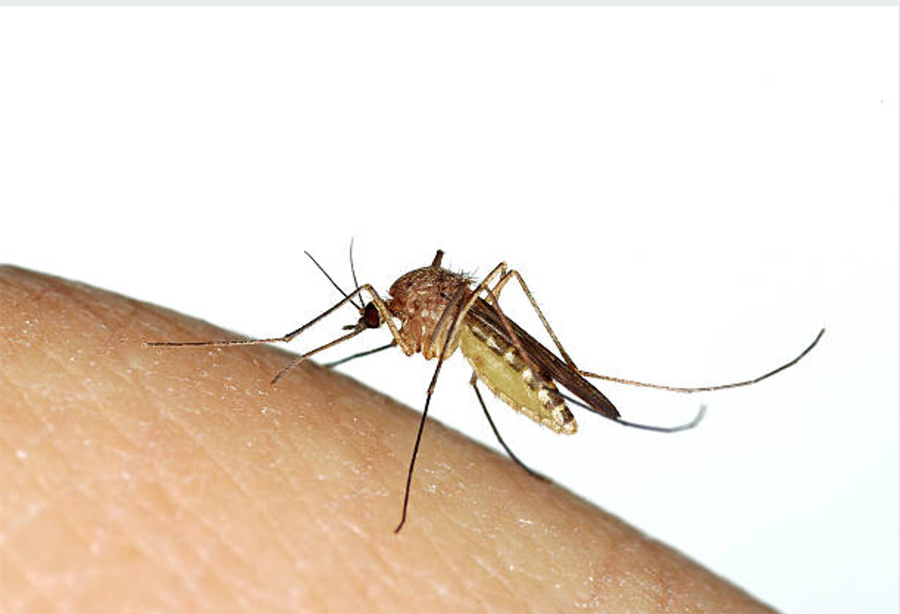
Infected birds transmit West Nile virus to biting mosquitoes.
HOW WEST NILE VIRUS SPREADS AND WHO IS MOST AT RISK U.S.
West Nile virus infections occur mainly through bites from Culex mosquitoes, which are common throughout the United States. However, birds are WNV's natural hosts.
Mosquitoes become infected by biting infected birds, and the back-and-forth cycle between birds and mosquitoes keeps the virus in play. Humans and other animals are "dead-end" hosts; they don't spread WNV to new mosquitoes the way Zika virus is spread.4
West Nile virus isn't spread by casual human contact or by touching live animals. However, a small number of cases indicate WNV can transmit through blood transfusions, organ transplants, breastfeeding, and from infected mother to child during pregnancy.4
People over 60 years old and those with compromised immune systems or existing medical conditions, including cancer, diabetes, and hypertension are most at risk.5 However, serious complications can strike anyone.
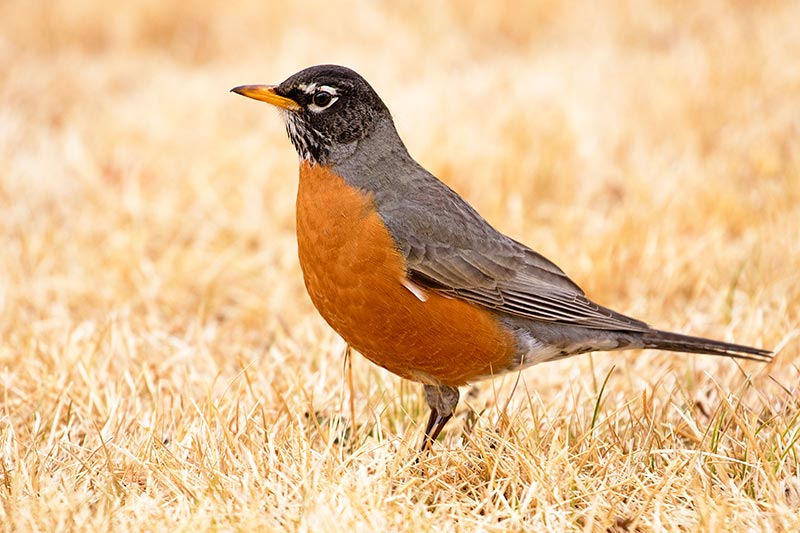
Effective mosquito control protects against virus-transmitting bites.
SYMPTOMS AND COMPLICATIONS OF WEST NILE VIRUS DISEASE
80 percent of people infected with WNV don't have symptoms. 20 percent develops West Nile fever, with symptoms such as fever, nausea, diarrhea, head and body aches, and joint pain. Most recover completely, but weakness and fatigue can linger for months.
One in 150 WNV-infected people develop serious neuroinvasive forms of West Nile virus disease such as meningitis or encephalitis. Symptoms include high fevers, convulsions, tremors, coma, and paralysis. Recovery times are long and permanent disabilities may result. About 10 percent of people worldwide with neuroinvasive forms of WNV disease die.5
Of the 559 confirmed 2018 human WNV cases in the United States, 56 percent involve neuroinvasive disease.3
No human vaccine or specific medicines exist for West Nile virus as of September 5, 2018.1 A vaccine for horses, which are highly susceptible to West Nile virus, does exist.
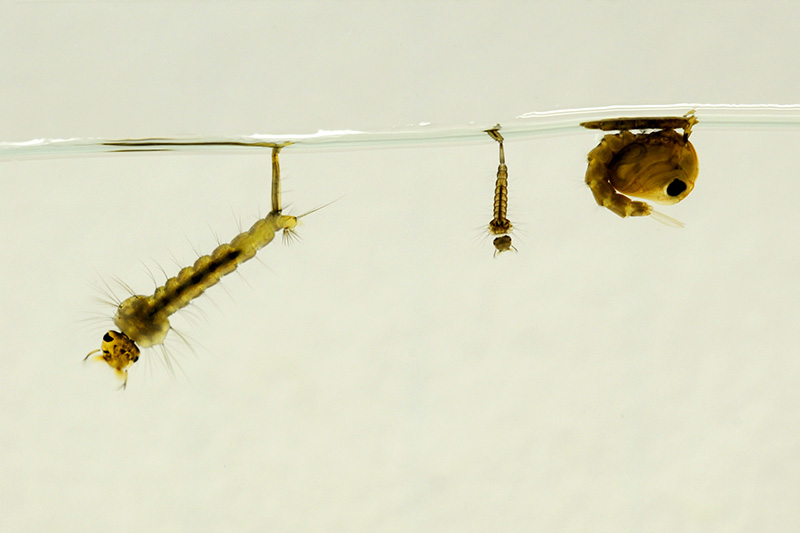
Larvicides prevent immature mosquitoes from reaching the biting, breeding stage.
HOW TO PROTECT AGAINST WEST NILE WITH TWO-STEP MOSQUITO CONTROL
Effective mosquito control is crucial to the fight against WNV and its spread. The CDC recommends an integrated approach to mosquito management that starts with surveying your property and eliminating unnecessary standing water where mosquitoes lay eggs. Next come two essential control steps:6
- larvicide treatments to prevent adult mosquitoes
- adulticide treatments to kill adult mosquitoes
By practicing effective mosquito control to target both mosquito larvae and adults, you can break the mosquito life cycle and protect your family against mosquito-related diseases. Stay aware of WNV warnings for your area through local public health officials — and get back to outdoor fun with family and friends.
Always read product labels thoroughly and follow instructions.
Amdro and Amdro Quick Kill are registered trademarks of Central Garden & Pet Company.


